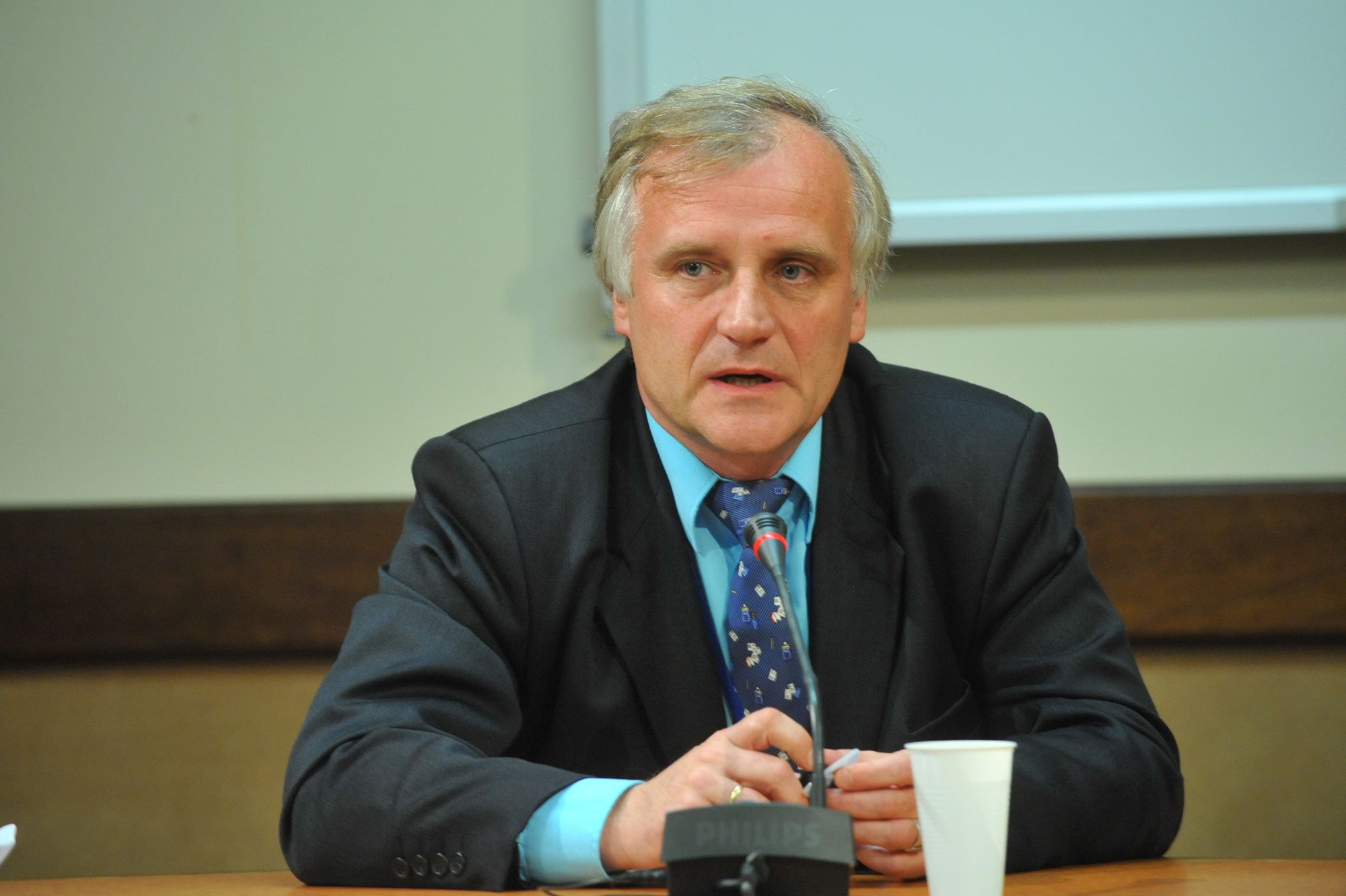ISW: Vilnius NATO summit demonstrates how Russia's claimed war goals have failed, but Russian response remains muted

The Vilnius NATO summit demonstrated the extent to which Russia's full-scale invasion of Ukraine has impeded the goals for which the Kremlin says it launched the war, such as to prevent NATO expansion, the Institute for the Study of War (ISW) reported on July 12.
However, Russian information space has shown muted response to developments at the NATO summit, which "likely indicates that the Kremlin has internalized these defeats and desires to avoid dwelling on them," the ISW said in its latest update.
"Many Russian sources are reporting on the NATO summit in a dispassionate and muted manner that is not commensurate with the wider defeat that the summit actually represents for Russia's pre-war aims," reads the update.
Moscow has repeatedly claimed that its war against Ukraine aims to push back NATO from Russian borders, calling potential NATO enlargement an alleged threat to Russia's security.
At the Vilnius summit on July 11-12, NATO allies agreed to remove the Membership Action Plan (MAP) from Ukraine's path toward membership, simplifying the process. However, the alliance didn't give Kyiv a much-desired invitation.
NATO also adopted a three-part support package for Ukraine and reaffirmed that the country would definitely join the alliance. Some allies announced new military aid, and the Group of Seven presented plans for long-term security commitments to Ukraine.
"Very importantly, during these two days of the summit, we have put to rest any doubts and ambiguities about whether Ukraine will be in NATO. It will! For the first time, not only do all allies agree on this, but a significant majority in the alliance is vigorously pushing for it," President Volodymyr Zelensky said in his evening address on July 12.
"Previously, Russia's rulers wanted to have their own fence in front of NATO's door. We have left this Russian ambition on the margins of European history – behind the fence of our unity in Europe and, more broadly, in the free world," added Zelensky.













